The Department of Industrial and Systems Engineering provides high caliber research opportunities through on and off-campus partnerships and state-of-the-art facilities and resources. Funding from various national industries continues to grow our research efforts at a fast pace, allowing faculty and students to participate in technological and scientific advancements for positive global impact in a number of industries.
Funding from our partners at the National Science Foundation, Department of Energy, Department of Defense, Department of Transportation, NIH, and many others helps us pursue our mission of engaging in creative research and providing a sound modern industrial engineering education.
Partnerships between students and faculty create exciting and productive research in our core research areas which include:
- Operations and Optimization
- Machine Learning and Artificial Intelligence
- Quantum Computing
- Human Factors
- Logistics, Transportation, and Supply Chain Engineering
- Manufacturing Systems
- Energy and Environment
- Healthcare
Research Areas
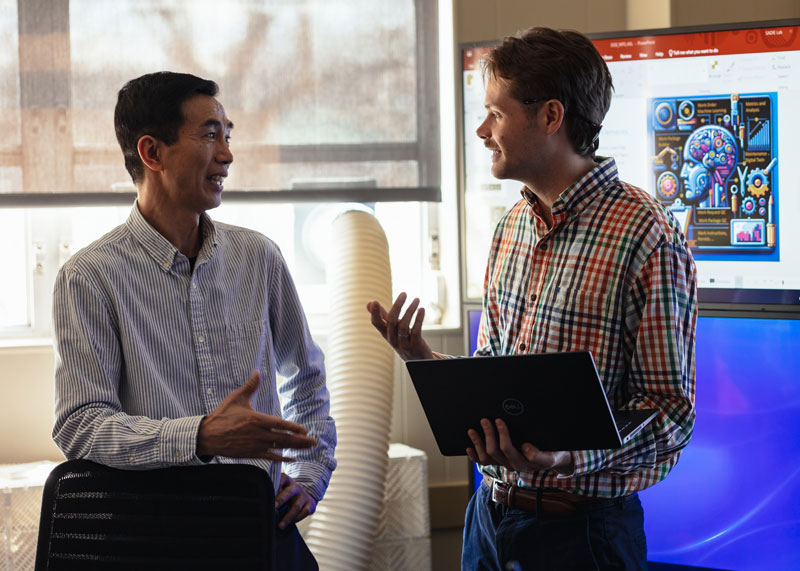
Operations and Optimization
Operational research (OR) includes the development and use of a wide range of problem-solving techniques and methods applied in the pursuit of improved decision-making and efficiency. The ISE department has expertise in mathematical optimization, stochastic processes, simulation, game theory, Markov decision processes, and data analytics.
We have several faculty who work in operations and optimization. Explore their research interests and their profiles below.
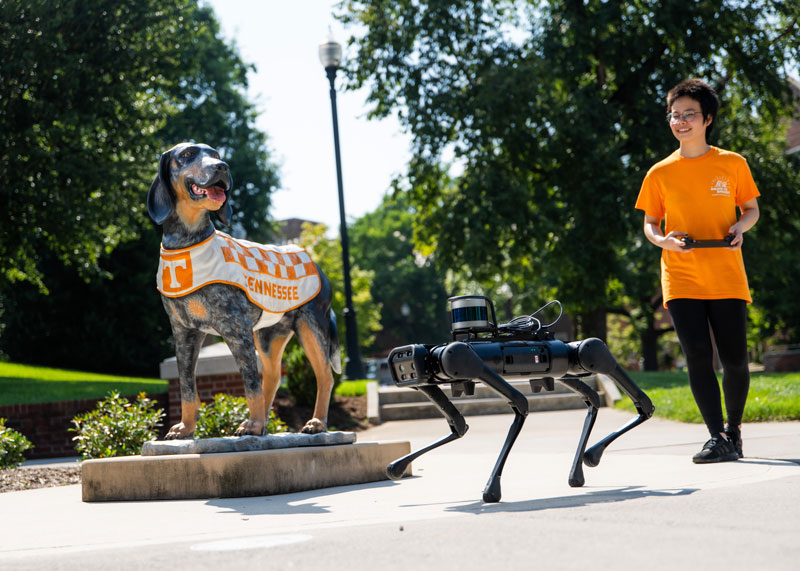
Machine Learning and Artificial Intelligence
Machine learning (ML) involves the development and study of algorithms that can learn from data and generalize to unseen data in order to make decisions. Artificial intelligence (AI) is intelligence exhibited by machines, particularly computer systems. ISE faculty work on both foundations of ML/AI, their applications, and their coordination with humans.
We have several faculty who work in ML and AI. Explore their research interests and their profiles below.
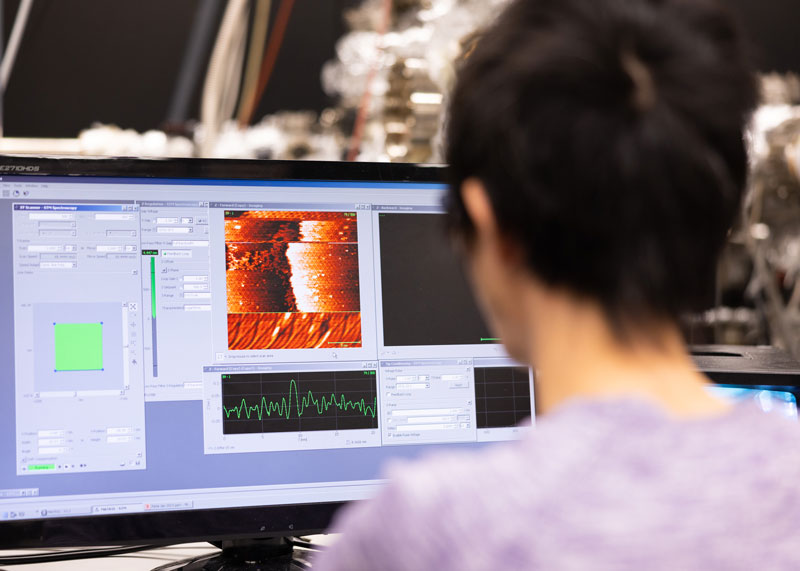
Quantum Computing
Quantum computing is a field that uses quantum mechanics to solve complex problems. ISE faculty study fundamental quantum algorithm design and applications of these algorithms to discrete optimization problems.
We have several faculty who work in quantum computing. Explore their research interests and their profiles below.

Human Factors
Human factors studies how humans interact with other parts of a system. Researchers use data, methods, principles, and theory to design systems that improve human well-being and system performance.
We have several faculty who work in human factors. Explore their research interests and their profiles below.

Logistics, Transportation, and Supply Chain Engineering
ISE faculty apply operations research, simulation, traffic modeling, statistical analysis, cost/benefit analysis, and other engineering techniques to improve efficiency, sustainability, and resilience in logistics, transportation, and supply chain.
We have several faculty who work in logistics, transportation, and supply chain engineering. Explore their research interests and their profiles below.
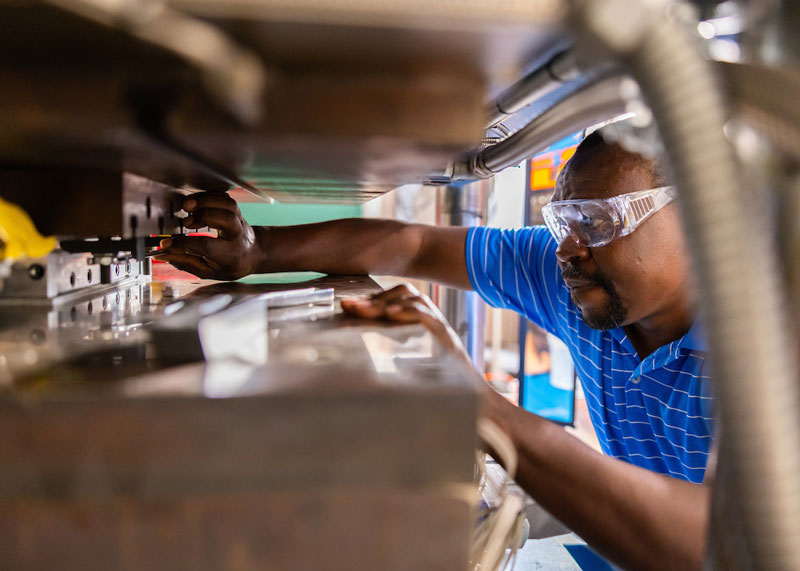
Manufacturing Systems
A manufacturing system includes products, equipment, people, information, and control and support functions to produce goods. Research on manufacturing systems, including smart manufacturing, can help manufacturers optimize machine operations, enhance quality, reduce cost and resource consumption, improve safety and wellbeing of workers, and increase sustainability.
We have several faculty who work in manufacturing systems. Explore their research interests and their profiles below.
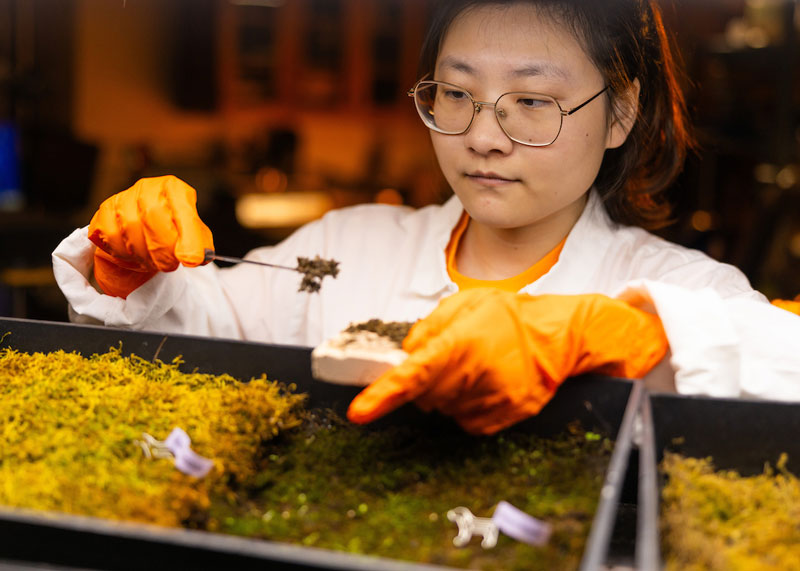
Energy and Environment
ISE methods (e.g., OR and Optimization, ML/AI, and Data Analytics) and systems thinking have been widely used to facilitate clean energy transition, protect the environment, and enhance communities.
We have several faculty who work in energy and environment. Explore their research interests and their profiles below.

Healthcare
ISE faculty have applied various tools to improve the quality and efficiency of healthcare systems, from disease diagnosis, treatment planning, to operations management.
We have several faculty who work in healthcare. Explore their research interests and their profiles below.